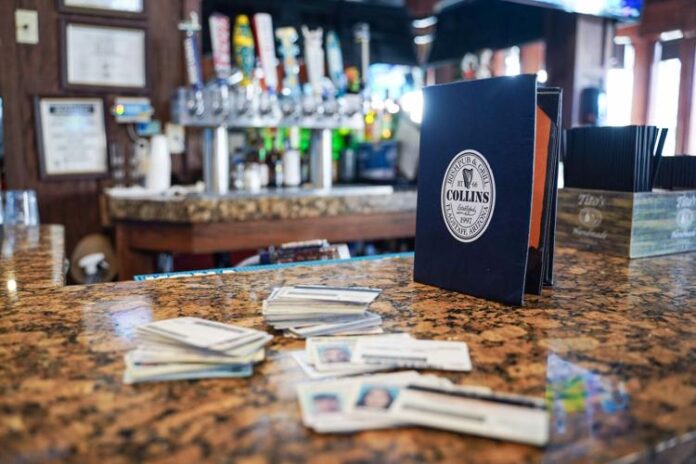College campuses are hubs of social activity, where young adults come together to learn, grow, and form lasting friendships. However, alongside the academic pursuits and extracurricular activities, the issue of fake identification documents (IDs) looms large, shaping the social landscape and posing challenges for students, administrators, and law enforcement alike. In this article, we’ll take a comprehensive look at the impact of fake IDs on college campuses, exploring the motivations behind their use, the consequences they entail, and the strategies employed to address this pervasive issue.
Motivations Behind Fake ID Usage
The allure of obtaining a fake ID is deeply rooted in the desire for social acceptance and peer integration, particularly in college settings where access to age-restricted venues and activities is highly coveted. For many students, the ability to gain entry into bars, clubs, and parties before reaching the legal drinking age is seen as a rite of passage—a way to assert their independence and participate in the social fabric of campus life.
Moreover, the pressure to fit in and keep up with peer groups can drive students to seek out counterfeit identification documents as a means of avoiding social exclusion and maintaining their social status. The fear of missing out (FOMO) on social opportunities and experiences can be a powerful motivator, pushing students to take risks and engage in behaviors that may compromise their safety and well-being.
Consequences of Fake ID Usage
While the allure of fake IDs may seem enticing, the consequences of their usage can be far-reaching and severe. From legal penalties and academic sanctions to health risks and personal safety concerns, the repercussions of fake ID usage extend beyond the immediate thrill of gaining entry into age-restricted venues.
On a legal front, students caught using fake IDs can face charges of identity theft, fraud, and forgery, which can result in fines, community service, and even imprisonment. Moreover, academic institutions may impose disciplinary actions, such as suspension or expulsion, for violations of campus policies related to fake ID usage.
In addition to legal and academic consequences, the use of fake IDs can pose health risks, particularly in environments where alcohol consumption is prevalent. Students who gain access to alcohol through fake IDs may engage in binge drinking and high-risk behaviors, increasing their susceptibility to alcohol-related accidents, injuries, and long-term health issues.
Furthermore, the reliance on fake IDs can compromise personal safety, as students may find themselves in precarious situations or vulnerable to exploitation by predatory individuals. Without proper identification, students may struggle to access essential services or seek assistance in times of need, putting their well-being at risk.
Strategies to Address the Issue
Recognizing the multifaceted nature of the issue, colleges and universities have implemented various strategies to address the prevalence of fake IDs on campus and mitigate their impact. These strategies often involve a combination of education, prevention, enforcement, and support services aimed at promoting responsible decision-making and fostering a safe and healthy campus environment.
Educational initiatives play a crucial role in raising awareness about the risks and consequences of fake ID usage among students. Colleges often provide information sessions, workshops, and online resources to educate students about the legal, academic, and health implications of using counterfeit identification documents.
Preventive measures, such as enhancing security protocols and implementing age verification procedures at campus events and venues, are also effective in deterring the use of fake IDs. By collaborating with local law enforcement agencies and licensing authorities, colleges can strengthen enforcement efforts and crack down on establishments that knowingly serve alcohol to underage individuals.
Moreover, colleges may offer support services and resources to students struggling with issues related to alcohol misuse, peer pressure, and identity formation. Counseling services, peer support groups, and substance abuse prevention programs can provide students with the tools and resources they need to make informed decisions and navigate the challenges of college life.
Conclusion
The impact of fake IDs on college campuses is a complex and multifaceted issue that requires a comprehensive and collaborative approach to address effectively. By understanding the motivations behind fake ID usage, acknowledging the consequences they entail, and implementing strategies to prevent their proliferation, colleges and universities can create safer and more inclusive environments for all students.
Through education, prevention, enforcement, and support services, colleges can empower students to make responsible choices, foster a culture of accountability and integrity, and promote the health and well-being of their campus communities. By working together to address the root causes of fake ID usage, colleges can uphold their commitment to providing a safe and enriching educational experience for all students, both inside and outside the classroom.


